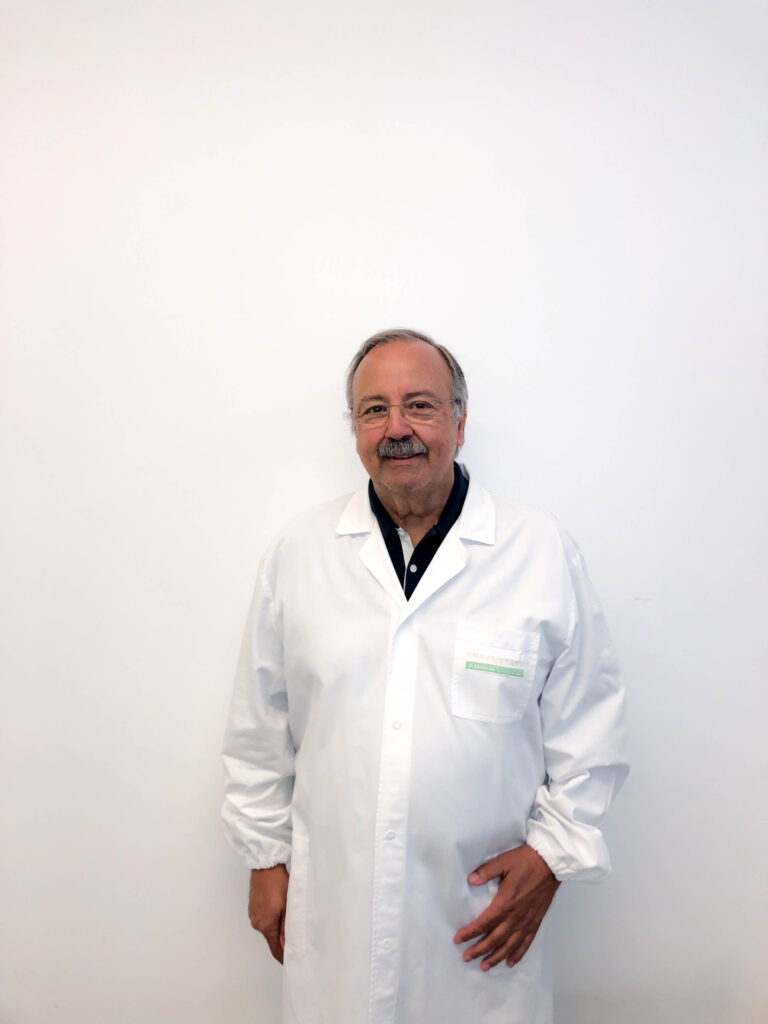The otovestibular or vestibular examination is a noninvasive examination performed by the otolaryngologist at the time of the examination and allows the physician to diagnose any problems related to the balance organ.
To perform this examination, which lasts about 15 minutes, the otolaryngologist uses audiological instruments and stimulators that create the sensation of dizziness in the patient. In fact, the examination is based on the observation of nystagmus, involuntary movements of the eyeballs, which occurs subsequent to certain head movements and maneuvers performed to understand in which positions nystagmus is stressed.
The otovestibular examination might cause dizziness and nausea in the patient, and that is why it is highly recommended to be fasting for at least 4 hours and go to perform the examination accompanied. In this regard, taking any medications for dizziness, if any, could distort the result of the tests, and it is therefore necessary to stop taking these medications in the 48 hours before the examination.
Conducting an examination with an otolaryngologist is essential before undergoing the otovestibular examination because, before proceeding with the required maneuvers, it is necessary to ascertain and ascertain the absence of earwax plugs or ear infections that make the vestibular examination contraindicated.
The otovestibular examination could be conclusive in itself if paroxysmal positional vertigo is diagnosed. In fact, the otolaryngologist can perform liberating maneuvers that allow the repositioning of the “pebbles” inside the ear that act as motion sensors and thus resolve the patient’s discomfort.
If, on the other hand, the otolaryngologist’s diagnosis differs from what was previously stated, the physician may request further investigations in order to investigate the origin of the vertigo.























